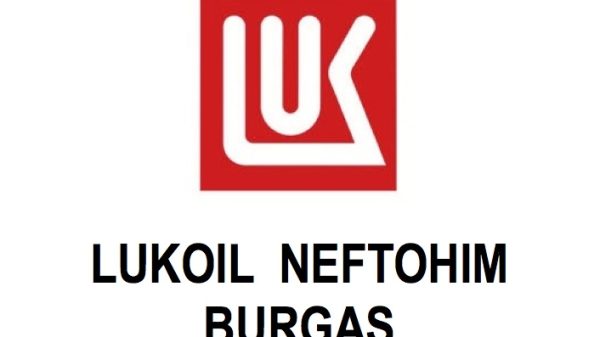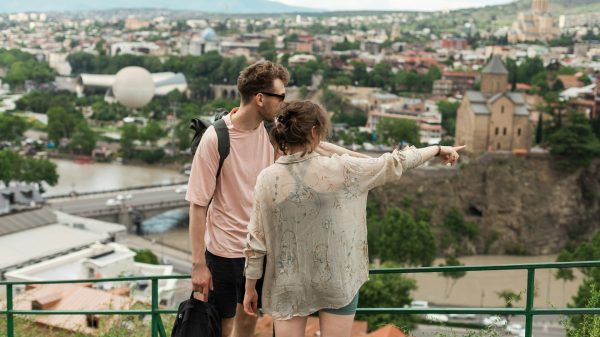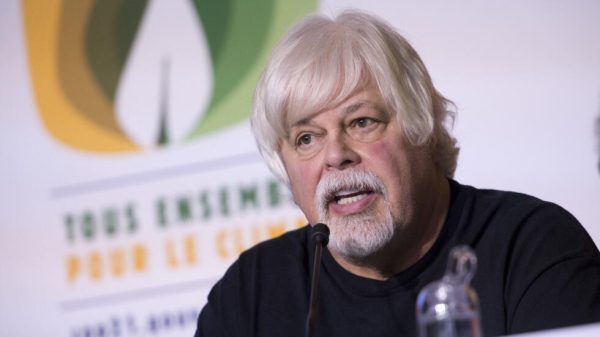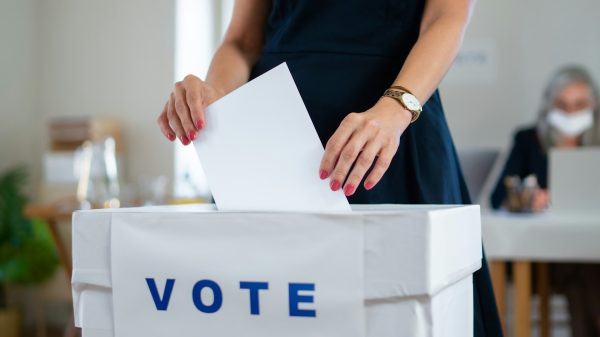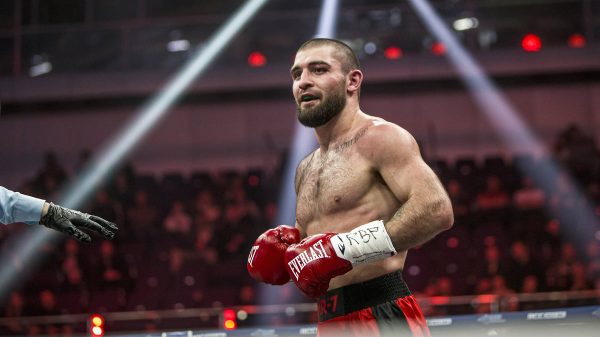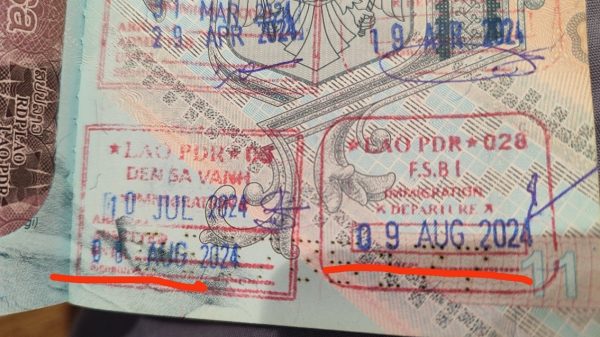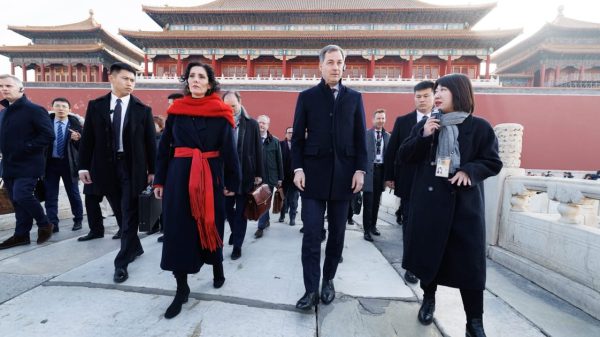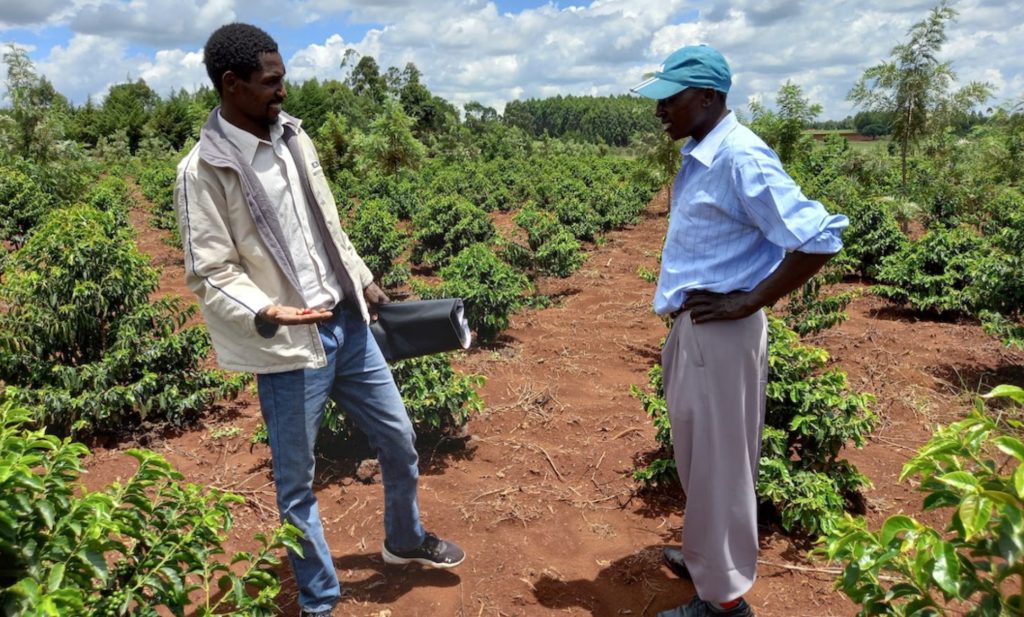Inaction by coffee companies is threatening the global supply of coffee, as well as farmers’ livelihoods and the natural world, according to the 2023 Coffee Barometer, an in-depth report on the state of sustainability in the industry. It warns that despite EU anti-deforestation laws, the clearing of forests is set to continue apace, writes Political Editor Nick Powell.
Roughly 130,000 hectares of forest have been lost annually over the last 20 years due to land being cleared for coffee cultivation as farmers attempt to make ends meet. Yet their income remains at or below the poverty line in eight of the ten largest coffee-producing countries. This reality threatens the entire sector and has dangerous environmental implications.

The Coffee Barometer, produced by Ethos Agriculture with the support of Conservation International and Solidaridad, also warns that rising temperatures due to climate change could drastically reduce the amount of land suitable for growing coffee by 2050. “Growing demand for coffee combined with low incomes and increasingly unproductive land may incentivise farmers to expand their farms into higher elevations and into previously untouched forest.” says Sjoerd Panhuysen of Ethos Agriculture, who wants the coffee industry to take proactive steps and invest significantly in promoting sustainable coffee production, trade and consumption.
AdvertisementThe 2023 Barometer also marks the launch of the Coffee Brew Index, which assesses the sustainability and social commitments of the world’s 11 major coffee roasting companies. While there are leaders and laggards, all companies fall short on addressing critical issues in their coffee supply chains. Just two roasters, Nestlé and Starbucks, publicise developed strategies for meeting their social and sustainability goals.
Although most companies in the Index have set themselves ambitious sustainability commitments, these often lack measurable, time-bound goals and objectives. Five of the major roasters continue to rely on ad hoc one-off projects and investments. These are not necessarily part of a larger strategy for meeting social, environmental, and economic goals but focus primarily on improving efficiency and coffee quality.
“Any strategy lacking time bound and measurable goals is not a strategy. Commitments with no metric to measure success won’t incentivise the necessary engagement in the supply chain to make meaningful progress,” says Andrea Olivar, Strategy and Quality Director of Solidaridad in Latin America. Most roasting companies burnish their sustainability credentials by taking part in initiatives with other stakeholders but they make little progress as there are no binding commitments.
The Barometer also questions the readiness of the industry to comply with the EU’s Deforestation Regulation and calls on companies to commit to it. Due to come into effect in 2025, the regulation is a groundbreaking effort to ensure that major companies trading in global commodities are not contributing to global deforestation. It puts the onus on companies to prove that their suppliers are not causing deforestation.
There is a danger that companies may avoid so-called ‘risky’ parts of the world, where compliance with the regulation will be more burdensome. This means they may source their coffee from more developed countries, such as Brazil, where farmers have more resources to prepare for the new requirements and thrive under its regime.
In riskier places, like the majority of African coffee producing countries, farmers are small-scale and fragmented, and lack the government support necessary to prove compliance and adapt to the new regulation. These are also often the frontiers of potential deforestation. Farmers who lose access to the European market could be forced to expand their farms into forested areas in order to produce more coffee, sold more cheaply on markets with less stringent rules on deforestation and working conditions.
Coffee is produced by an estimated 12.5 million farmers in roughly 70 countries but just five of them (Brazil, Vietnam, Colombia, Indonesia and Honduras) contribute 85% of the world’s coffee supply. The remaining 15% is produced by 9.6 million coffee producers, often small and economically precarious farmers who lack the resources necessary to meet sustainability standards or find alternative income streams. Their needs are distinct from others and require tailored solutions that address the often radically different economic and legal realities that they face.
The Barometer’s authors argue that if major coffee roasters are serious about tackling poverty and deforestation, they must avoid excluding such farmers from their supply chains. The coffee companies have the resources to double down and invest in these vulnerable regions, working locally with government, civil society and producer groups. Tailor made solutions will involve listening to the priorities and perspectives of producers and making meaningful investments.
“Investing in farming communities in vulnerable landscapes may seem like the risky option, however these investments are essential to mitigating risks and tackling the root causes of global deforestation, while avoiding excluding vulnerable smallholder farmers from global markets”, says Niels Haak, the Director Sustainable Coffee Partnerships at Conservation International.
The EU and the world’s major coffee companies must work to ensure that the costs of preventing deforestation do not fall on the shoulders of those already living in poverty. The Barometer’s authors urge the European Union to support the implementation of the Deforestation Regulation with a range of accompanying measures to minimise the impact on small farmers and support coffee producing countries in their sustainable transition.






